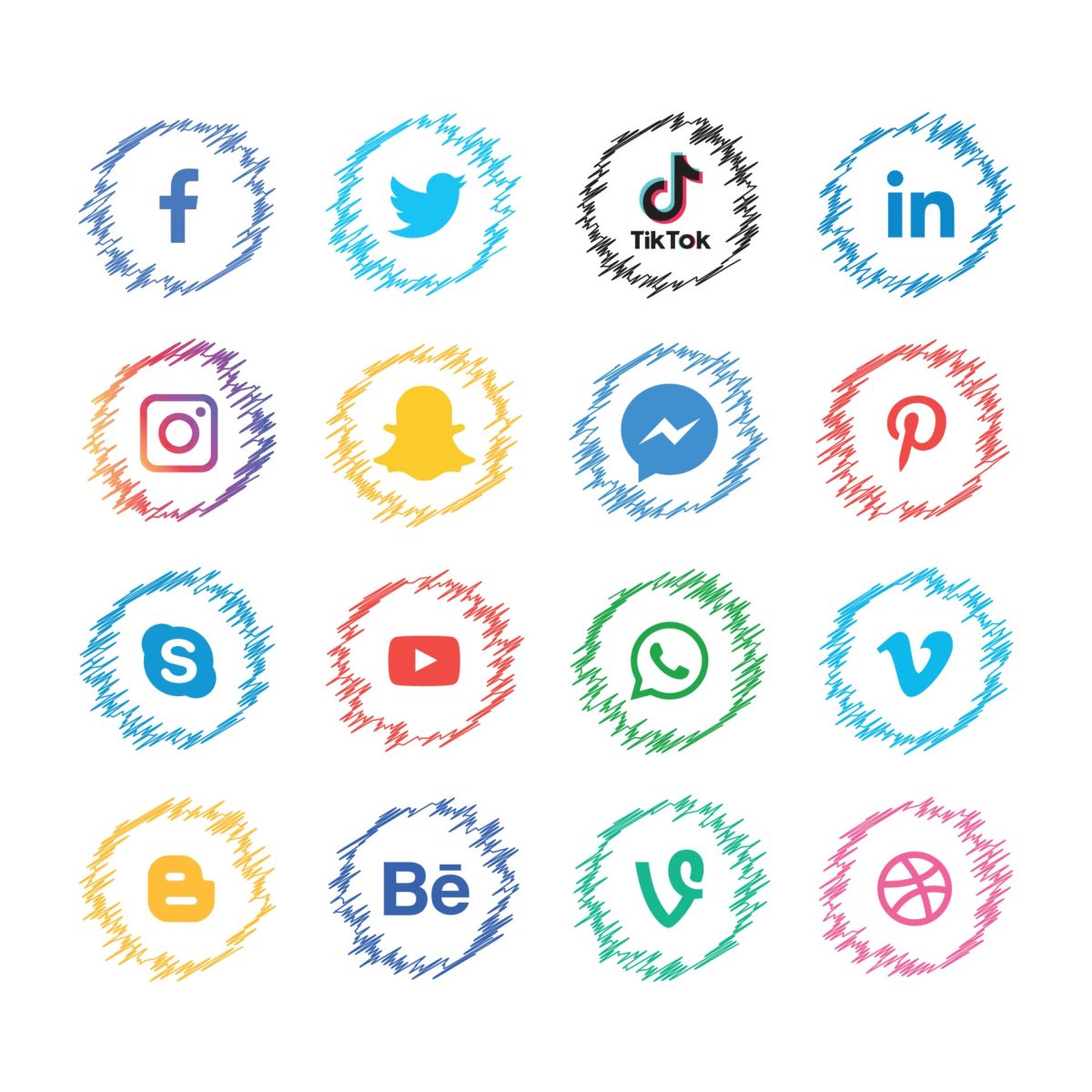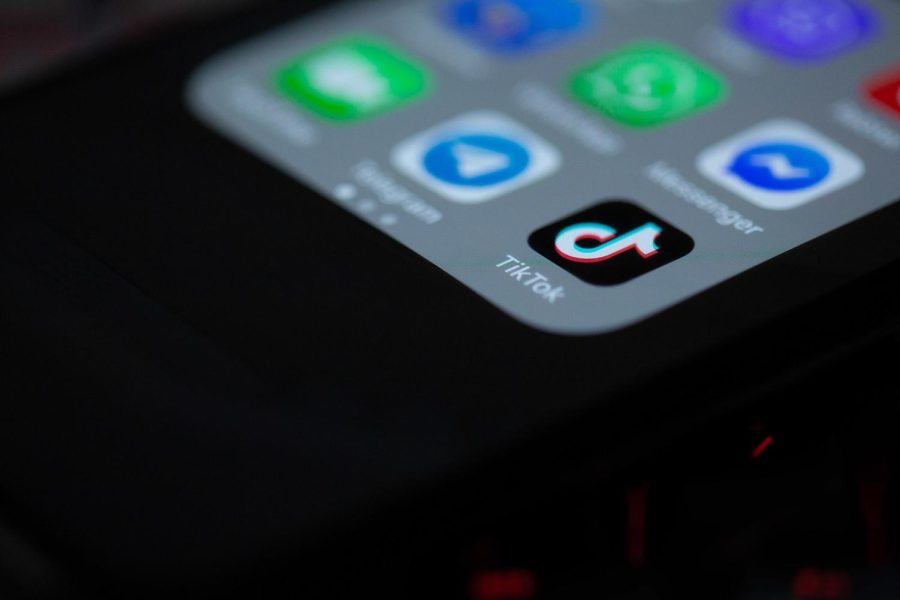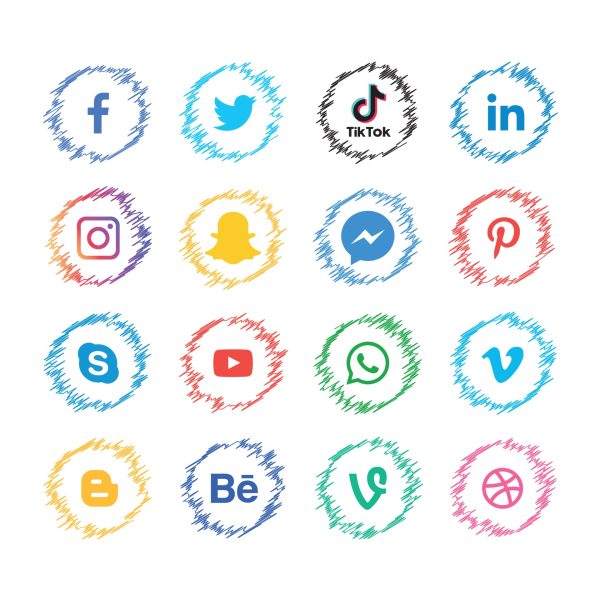All Social Media Platforms Require Regulation, Not Just TikTok
With content ranging from dance videos to comedic pranks, TikTok has captivated a staggering audience of over one billion users, according to Demand Sage. The app’s rapid growth, however, has also drawn severe scrutiny from governments and organizations alike regarding its data-sharing practices. In 2020, the Trump administration threatened to ban TikTok entirely if it did not sell its Chinese-owned shares to an American company. President Joe Biden revoked this executive order upon entering office, replacing it with a broader policy focused on investigating enemy-related technology. The United States is not the only country monitoring TikTok’s ties to China, however. For example, India banned TikTok after a border dispute with China, and the United Kingdom banned the platform on government devices, citing security concerns. While the U.S. government’s concern over TikTok’s connections to the Chinese government is not unfounded, it should implement a policy that addresses the negligent data practices and adverse effects of all social media platforms instead of overemphasizing and singling out TikTok.
Some American politicians argue that TikTok’s connections to the Chinese Communist Party (CCP) make the United States vulnerable to cyberattacks from China, as Xi Jinping’s authoritarian government has laws forcing Chinese companies to share data with the party. TikTok’s CEO, Shou Zi Chew, argued that sharing their data with China would be “bad for business,” as 60% of TikTok’s owners are global investors. However, it would be similarly dangerous to reject the CCP’s demand for the company’s data. Furthermore, with China keeping data exchanges secret from the public, TikTok would not have to worry about backlash from its investors and users. Another concern raised by the U.S. is that China could manipulate TikTok’s algorithm to disseminate political propaganda. This claim illustrates the main issue with TikTok’s ties to the Chinese government: Xi Jinping has no regard for the freedoms of individuals and businesses. For example, after billionaire Jack Ma mildly insulted his government’s inflationary policies, government regulators attacked his business, Ant Group, decreasing its value by billions of dollars. Executives at ByteDance, Tiktok’s parent company, have likely learned from these cautionary examples to adhere to state policy in order to retain their wealth.
While the Chinese government could potentially use TikTok data in a cyberattack against the United States, it is by no means the only social media platform foreign adversaries or organizations have used nefariously. For example, Cambridge Analytica illegally harvested millions of Facebook profiles to create personalized political advertisements for Trump’s presidential campaign. TikTok, Facebook, Instagram and Twitter all collect user data to sell to third-party organizations. TikTok has likely only received heightened criticism and suspicion from Congress because, unlike other leading social media platforms, it is not an American-owned company. While China does have ties with TikTok, foreign adversaries utilize a range of social media platforms to collect data for targeted cyberattacks. The U.S. government should, therefore, implement a broader policy that addresses all social media companies selling user data.
All social media companies should be required to be more transparent about how they use the data they collect. While greater awareness would not fully address issues of cybersecurity and data use, it would pave the way for future regulatory legislation of tech companies.
Your donation will support the student journalists of Sidwell Friends School. Your contribution will allow us to purchase equipment and cover our annual website hosting costs.











































